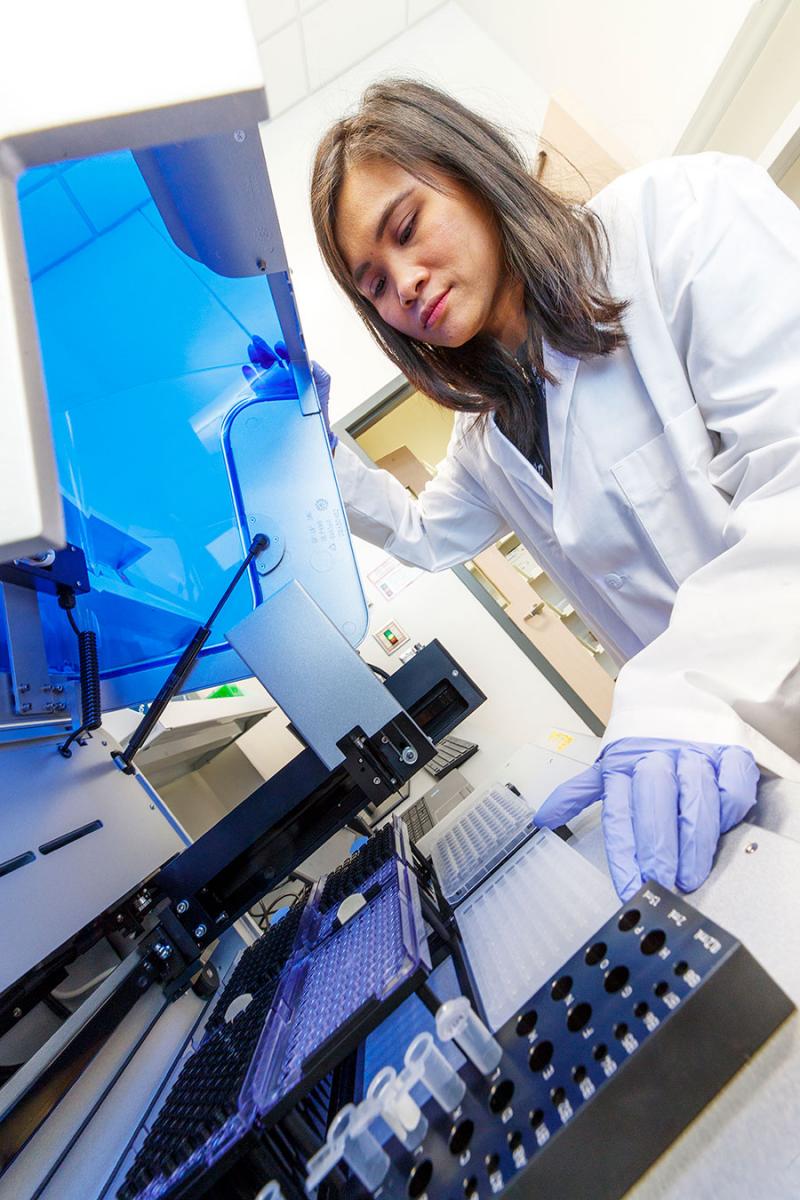Maintaining your pet’s well-being is crucial to their quality of life. Animal diagnostic labs deliver accurate health assessments for our furry companions.
In this discussion, we’ll discuss how pet diagnostic centers help maintain pet health, what tests they offer, and why regular diagnostic testing is important.
What Are Veterinary Labs?
Veterinary labs offer testing for biological samples from pets. They are critical for animal doctors to develop effective treatment plans.

How tests are conducted typically involves:
- Gathering pet health data: Blood, urine, feces, or tissue samples are taken by the vet.
- Diagnostic tests: Advanced tools analyze the samples.
- Understanding the data: The lab shares diagnostic findings to the veterinarian for tailored medical advice.
Common Veterinary Tests for Pets
Pet labs provide numerous testing options to ensure pets stay healthy. Frequently conducted exams include:
- Blood work: Identify infections.
- Urine screenings: Assess kidney function.
- Parasite screenings: Identify digestive problems.
- Allergen identification: Pinpoint allergic reactions.
- Imaging services: Evaluate structural health.
laboratorio de analises clinicas para animais
The Benefits of Veterinary Diagnostics
Routine diagnostic testing supports managing chronic conditions. Early detection ensures effective care.

The top benefits include:
- Better disease management: Early interventions for your pet’s needs.
- Reduced worries about pet wellness: Stay informed about their health.
- Financial benefits of prevention: Save money by staying ahead of problems.
Conclusion: Prioritizing Pet Health with Veterinary Labs
Incorporating lab testing for household animals supports their overall wellness. Pet testing facilities provide valuable insights to address their needs proactively.
Make lab testing part of your pet’s health plan to give them the best care possible!